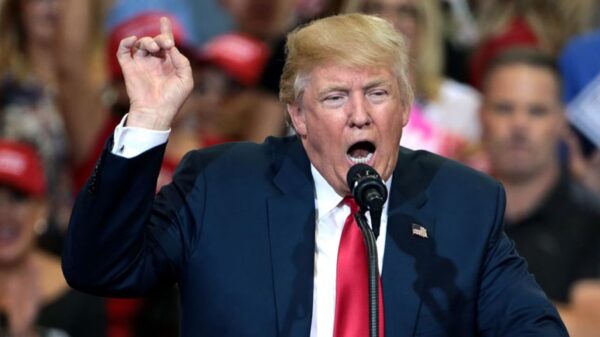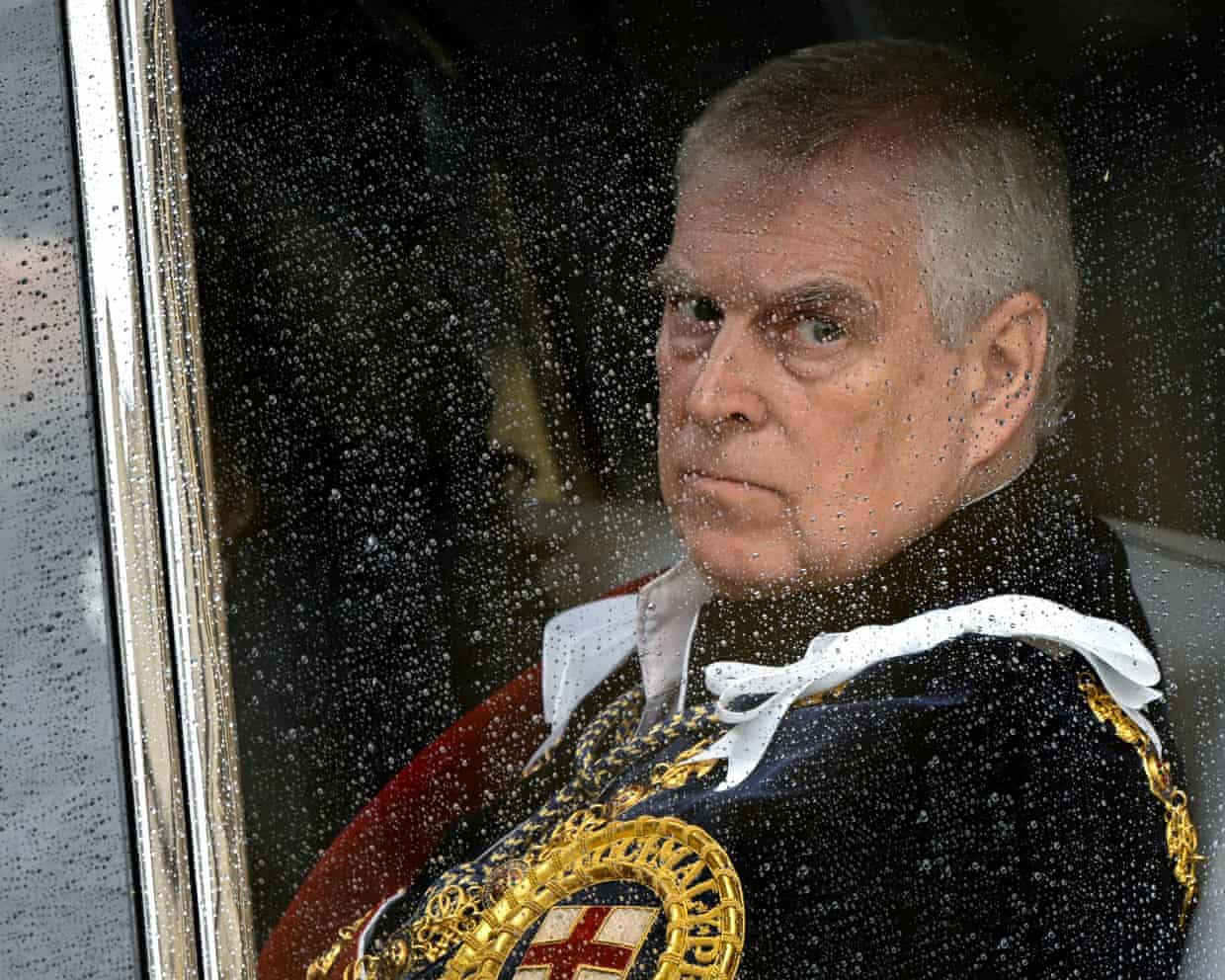On October 6, 2023, Buckingham Palace announced that Prince Andrew has relinquished his royal titles, including the Duke of York. This decision came as the fallout from his connections to convicted sex offender Jeffrey Epstein continues to overshadow the British royal family. The announcement followed the publication of excerpts from Virginia Giuffre’s posthumous memoir, which details her exploitation by Epstein and his associate, Ghislaine Maxwell, and includes serious allegations against Andrew.
Andrew has faced increasing scrutiny over these allegations, which he categorically denies. Reports indicate that he attempted to gather damaging information on Giuffre through his close protection officer, prompting a renewed police investigation. The controversy surrounding Andrew has raised questions about the future of the monarchy, especially in light of King Charles III’s historic engagement with the Pope, which marks the first time a British monarch has participated in such a public prayer since the Reformation.
Historical Context and Andrew’s Popularity
Historically, Prince Andrew was viewed positively by the public. In the early 1980s, he gained recognition as a naval hero during the Falklands War. Later, he served as the UK’s special trade envoy, a role that did not yield significant trade successes but attracted criticism for his lavish travel habits and associations with controversial figures.
Former royal correspondent Stephen Bates noted that Andrew’s reputation has steadily declined since his association with Epstein became public. “It has been a bit like pulling the strand of wool on a jumper. The more you pull, the more the whole thing unravels,” Bates explained. Andrew’s public image deteriorated further after a disastrous BBC interview in 2019, where he failed to express remorse for the victims of Epstein’s trafficking network.
Giuffre’s Memoir and Its Impact
Giuffre’s memoir, Nobody’s Girl: A Memoir of Surviving Abuse and Fighting for Justice, sheds light on the pervasive abuse she faced and the mindset of powerful men like Andrew. In her writings, she described how such individuals often view women as “playthings to be used and discarded.” The book’s revelations have intensified scrutiny on Andrew, particularly the infamous photograph of him with Giuffre, which has become emblematic of the scandal.
In 2022, Andrew settled a civil lawsuit with Giuffre for a reported £12 million, a sum believed to have been partially funded by the late Queen Elizabeth II. The settlement was perceived as a means to protect the royal family from further scandal, although it did not absolve Andrew of the allegations.
The Future of the Monarchy
With Andrew stepping down from his titles, pressure on the royal family is likely to continue. Some Members of Parliament, such as Rachael Maskell, have called for transparency regarding the funding of Giuffre’s settlement and the future of Andrew’s dukedom. Since royal titles can only be removed through an act of Parliament, the situation presents a complex challenge for the monarchy.
Bates remarked on the implications of Andrew’s ongoing controversies, stating that the situation could distract from King Charles III’s efforts to modernize the monarchy. As Charles prepares for his significant visit to the Vatican, he is keen to avoid any distractions that could overshadow this momentous occasion.
Looking ahead, the royal family must navigate the delicate balance between tradition and the changing expectations of the public. As younger generations express less enthusiasm for the monarchy, maintaining its relevance will require continuous adaptation and reform.
In conclusion, while Prince Andrew’s departure from royal duties may seem like a step towards accountability, the broader implications for the monarchy remain uncertain. The need for reform within the institution is becoming increasingly apparent as it grapples with the fallout from past associations and public perceptions.





































































